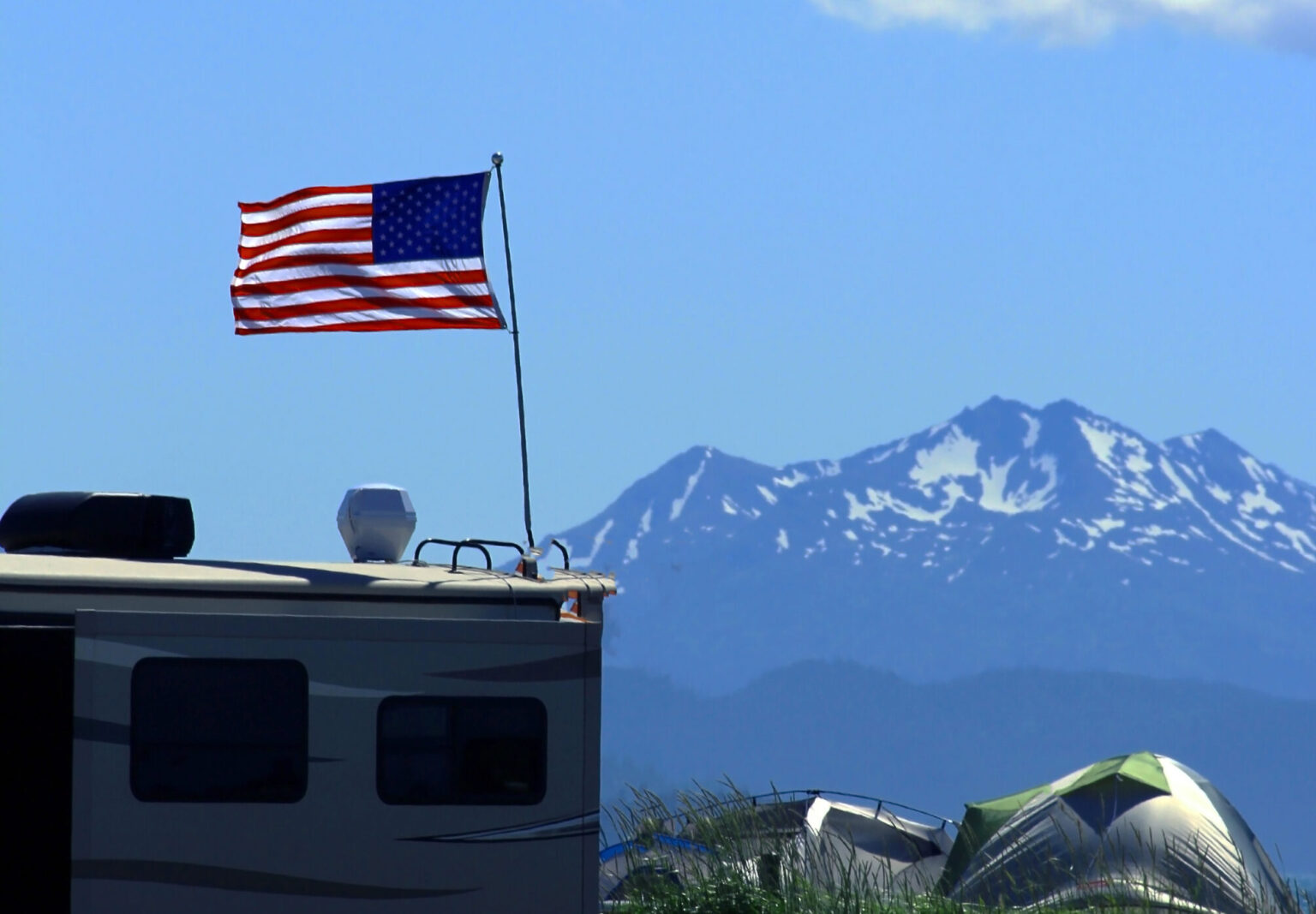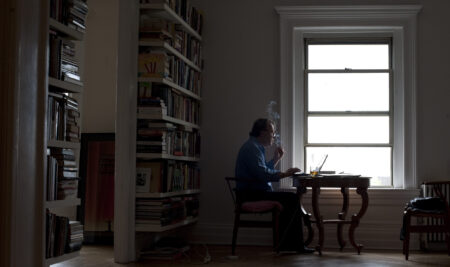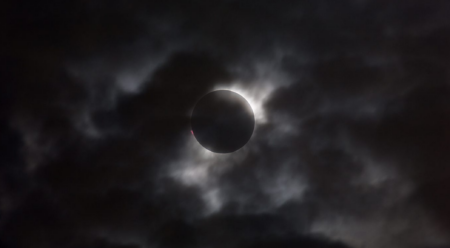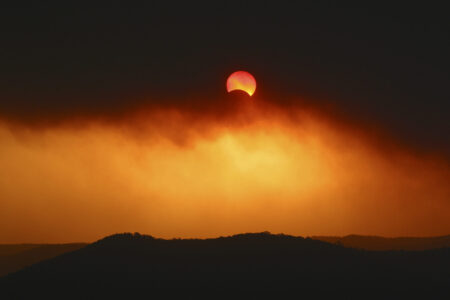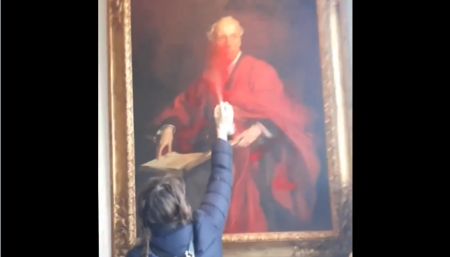I live near the Naval Observatory in Northwest D.C., and every morning I am awakened by the sound of the national anthem echoing off the hill directly behind my house. My wife, who is shaken from sleep about an hour earlier by Reveille, is already downstairs feeding our daughter yogurt on the back porch. Our daughter, who will soon turn two, tells us that she likes the “song.”
In most circumstances, I do not like the song. I have studiously avoided venues throughout my entire adult life where I may be forced to hear the national anthem—Little League games, local political rallies, church picnics—not out of disdain for my country, but because I think it’s a bad song. There seems to be no way to perform it except as bombastic and overdone. It can be a little embarrassing. (I have been to Fort McHenry. It is not like that at all.)
I feel similarly about the American flag. The Italian social critic Luigi Barzini was right when he described it as “strictly Louis XVI.” The red and white stripes look as if they have been copied from upholstery of the period, and the star-spangled field could easily double as the lining of some decadent Bourbon’s waistcoat. It lends itself easily to tackiness. I could go on like this at length, nitpicking at Washington Crossing the Delaware and the Jefferson Bible, but that would be puerile. America was born in the Age of Light, and it will never fully satisfy those of us with a darker cast of mind.
And anyway, I would be lying if I didn’t admit that deep within me there is some primeval attachment to the United States’s pious customs. When these customs are presented in strange or decontextualized ways, I am often overcome with a love of country. My morning routine is the perfect example. The Naval Observatory appears rather haphazard in its daily observance of the national anthem; I’m not sure it is ever played at exactly the same time. (I should add that the Observatory also plays Taps every evening at what seems like randomly chosen hours.) And the recording itself—I am certain that there is not a full band on hand every morning—is the opposite of impressive. When the swelling strain of “o’er the land of the free” echoes off the hill, the woozy horns sound oddly comic, like a parody. It gets me right out of bed.
This version of the national anthem is an instance of what I call “found patriotism.” Like found poetry, it presents itself by accident. And it usually arises out of attempts at straightforward patriotism. If the Observatory assembled a band to play a crisp and respectful anthem every morning at 8:00 a.m. sharp, I and no doubt everyone else in the neighborhood would be annoyed. But, since the show is lackadaisical and half-hearted, it becomes in its way an inspiration, and a comfort—a wry tribute to our country as it really is.
Other examples of found patriotism abound in most Americans’ lives, and I believe they are what really instill filial piety in us. A professional fireworks show held year after year on Independence Day soon becomes forgettable, but drunken fireworks mistakenly set off on the Third of July are spirited and remembered for decades afterwards. “My Country ’Tis of Thee” is a joyless tune, but when bellowed out in church, its reckless claims make an Americanist of even the most measured men. Perhaps the greatest example of found patriotism is the improperly hung American flag; here is a people who love their country so fervently that they do not even bother to respect its symbols.
A naysayer might argue that I am just describing bad taste. And I freely admit that I am, in part: That is half the point of found patriotism. (It’s also the reason why the cult of such a place as Breezewood, Pennsylvania, is so widespread.) But there’s more to it than that. The greatest things about America are our landscapes, which we were given by accident: the Great Lakes, the Brandywine Valley, Manhattan. So it is also with our customs. The United States was conceived at a constitutional congress nearly 300 years ago, but the country’s endurance is due to accidental occurrences seen on strange vistas where rational thought dare not intrude.
Read the full article here





